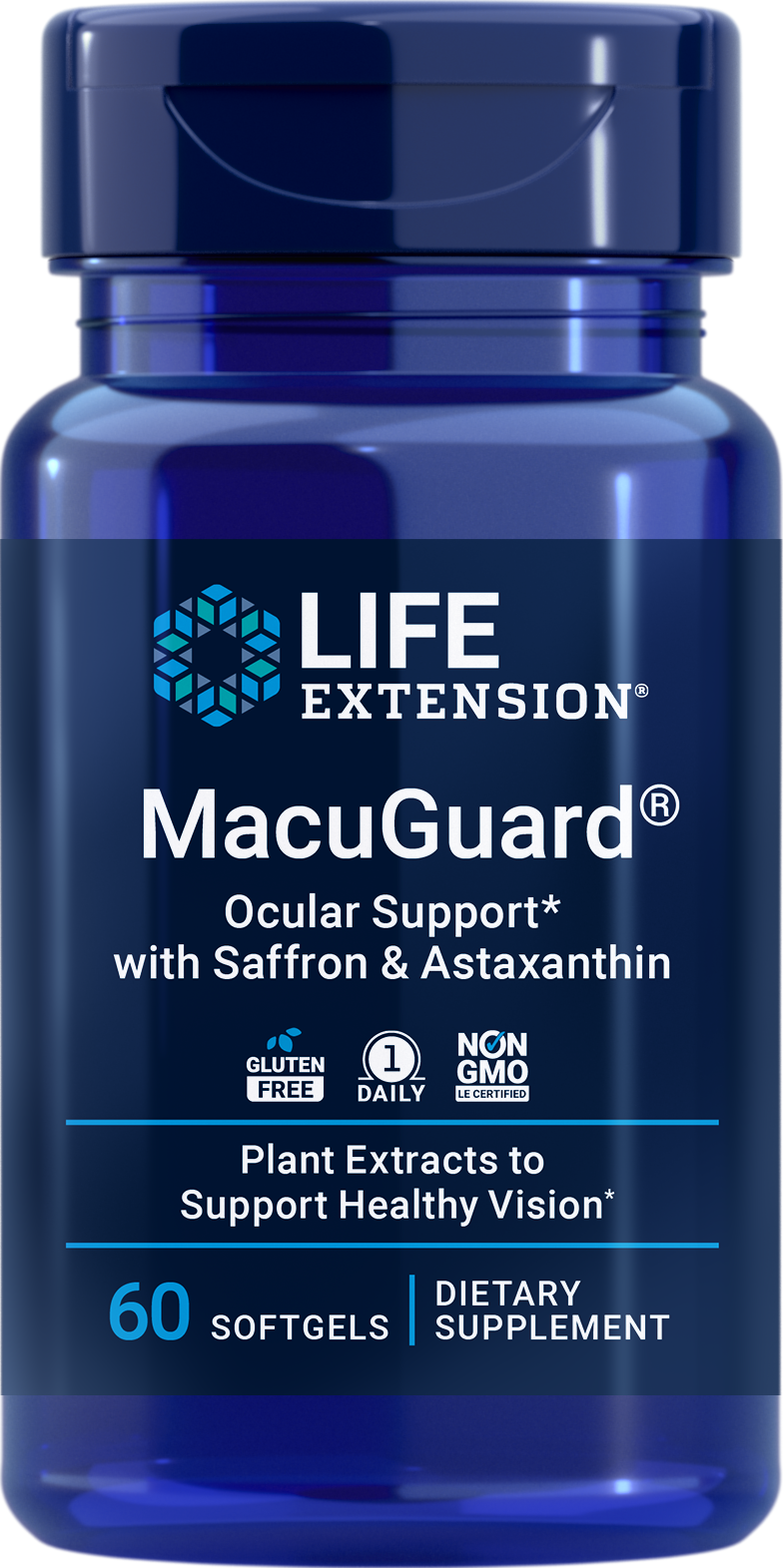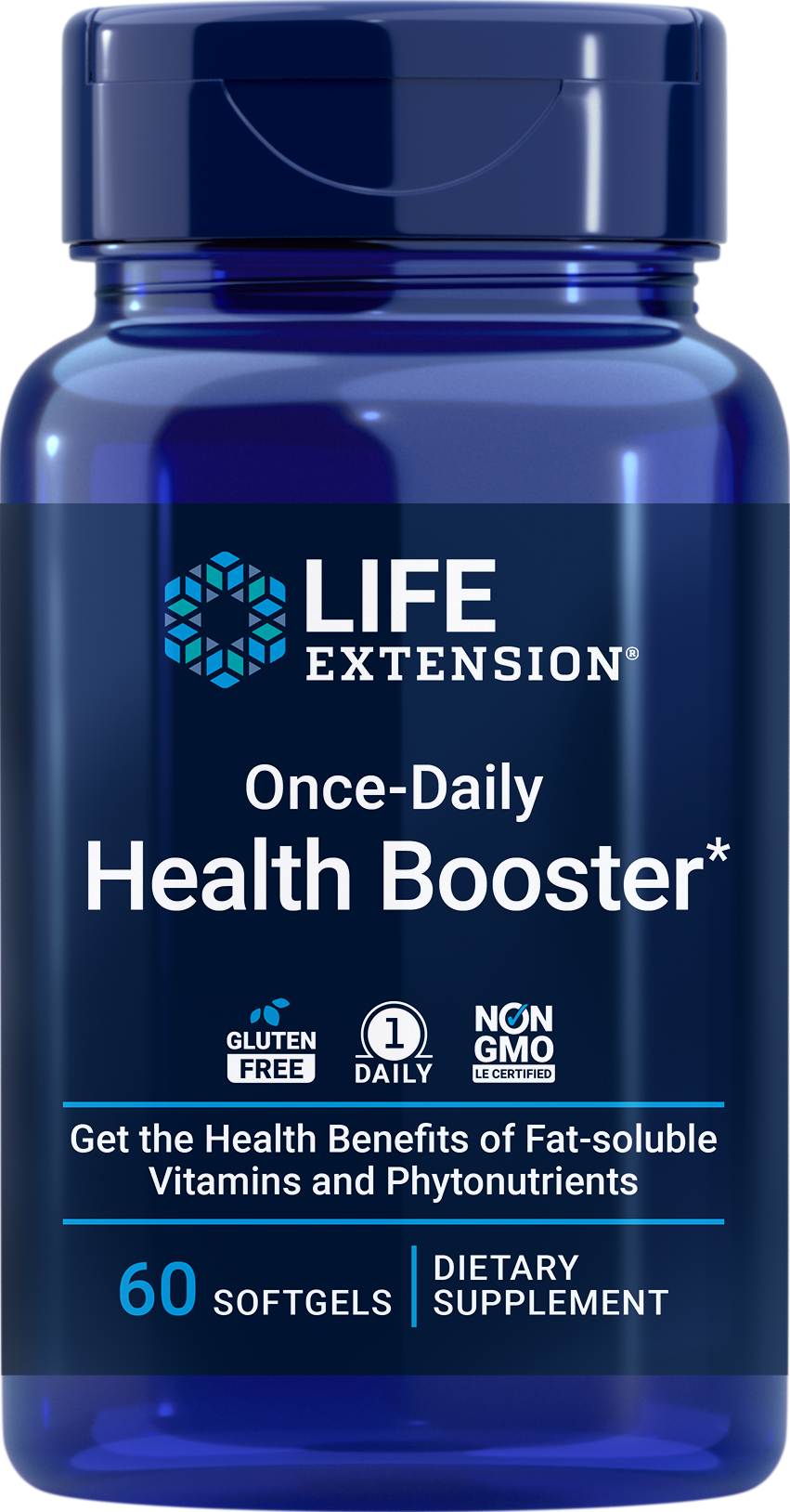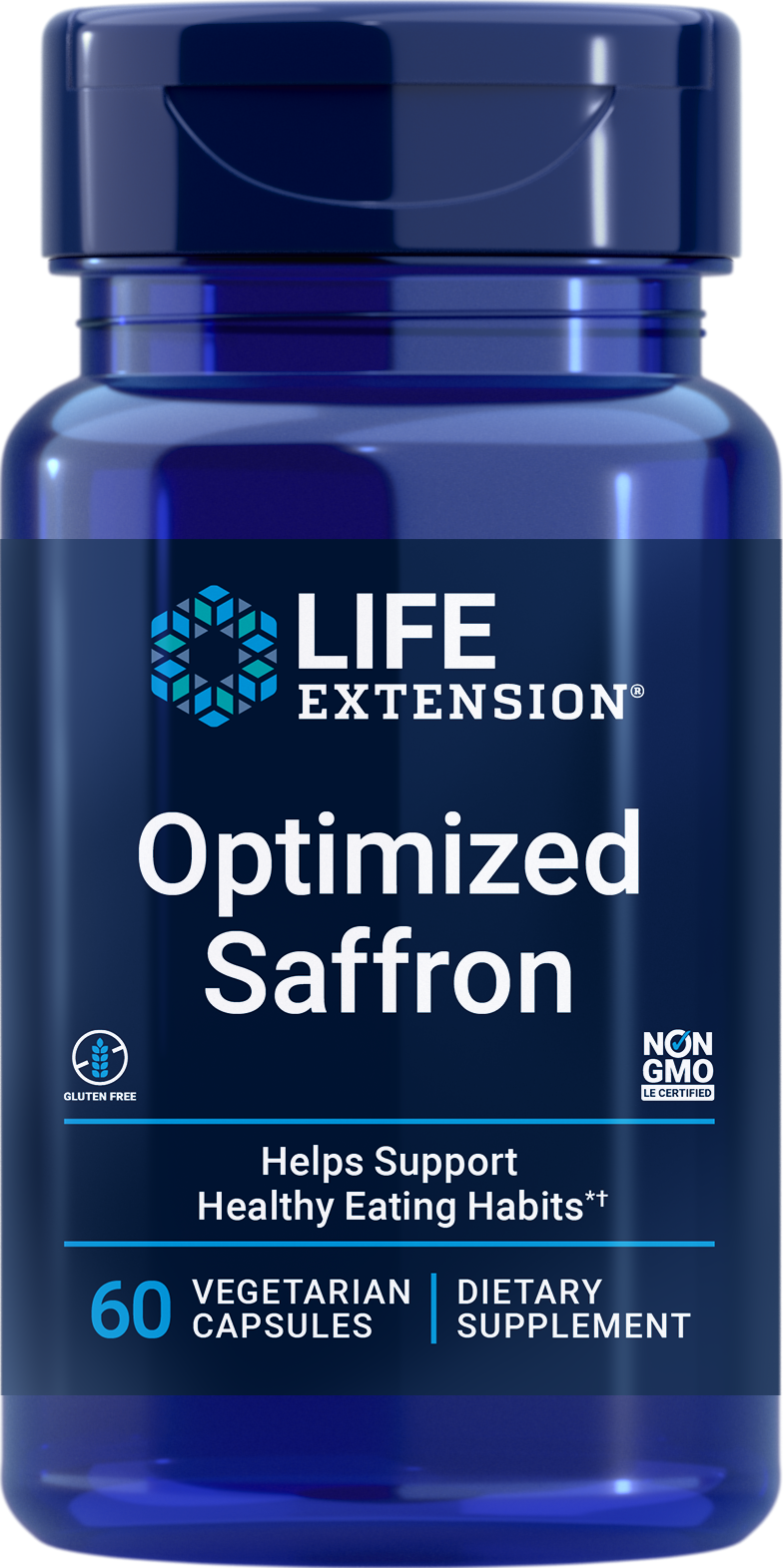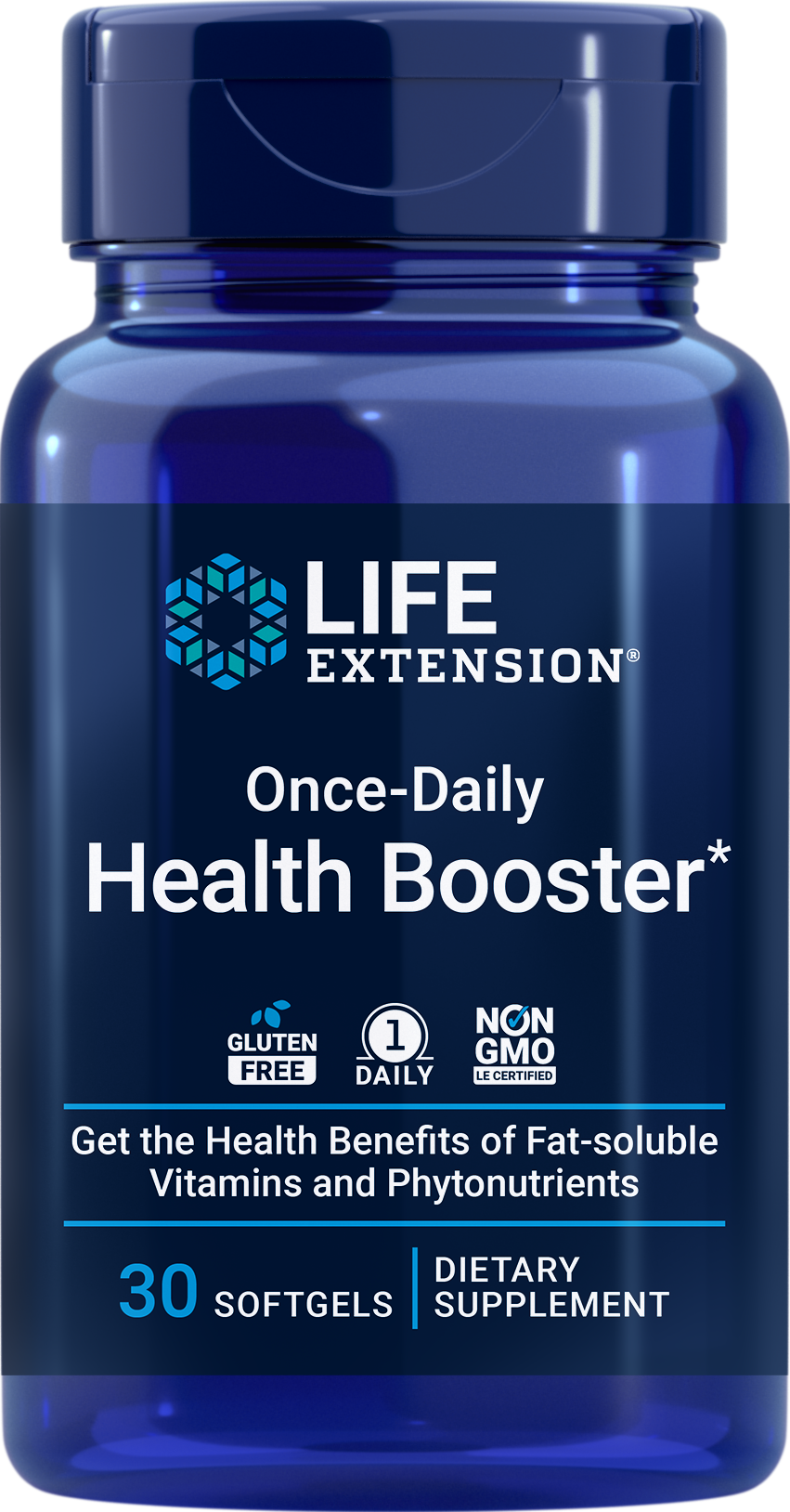
Saffron
Saffron is a spice that has been used for centuries in traditional medicine due to its therapeutic properties.
What is Saffron?
It is derived from the Crocus sativus plant and contains a range of bioactive compounds, including crocin, crocetin, and safranal.
These compounds are believed to provide various health benefits when consumed as a supplement.
Benefits of Saffron
Intake of saffron from supplementation offers many health benefits, due to its bioactive compounds:
- Helps visual acuity and colour vision, protecting the retina from oxidative damage.
- Can help reduce inflammation and oxidative stress in the prostate gland
- Helps enhance endurance and reducing muscle damage in exercise performance
- May curb compulsive eating, decreasing overall amount of food consumed
- This effect may be due to saffron's ability to increase satiety and reduce cravings
Saffron Deficiency
Saffron deficiency is rare, but it can lead to a range of health problems. The most common symptoms of saffron deficiency are:
- Depression
- Anxiety
- Mood swings
- Can also lead to oxidative stress and inflammation
While saffron is generally safe for consumption, it is important to note that excessive use can have negative effects.
Consuming too much saffron can lead to toxicity, causing symptoms such as nausea, vomiting, and dizziness.
Additionally, saffron should be avoided during pregnancy, as it can stimulate contractions and potentially lead to premature labor.






